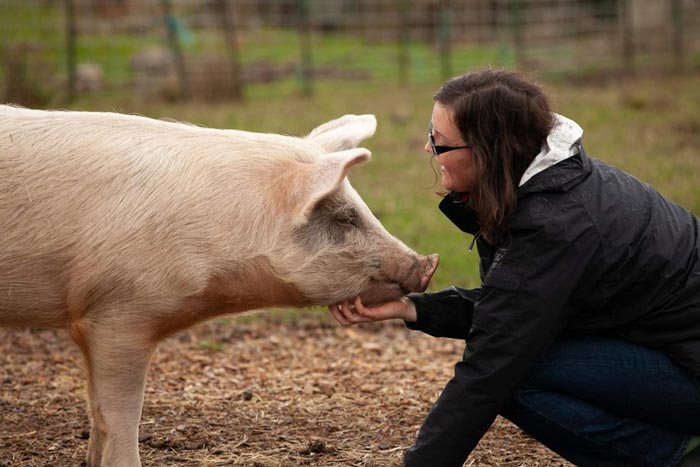Animal health and welfare (for farm workers)

Animal health and welfare (for farm workers)
This module looks at how improving animals' wellbeing can lead to safety, environmental and business benefits.

Having high standards of animal health and welfare can help reduce disease, improve productivity and improve the wellbeing of animals, helping make them safer to handle. There are also many business and environmental benefits.
This introductory module covers essential elements of the Animal Welfare Act 2006 (applicable to England and Wales), its origins, and how it applies to you and the animals you keep or care for.

What will I achieve?
2 CPD points

How long will it take?
45 minutes
Learning objectives
- List the ‘Five freedoms' and explain why they remain relevant
- Give a simple definition of animal welfare
- Explain the scope of the Animal Welfare Act 2006
- Explain your responsibilities to the animals you keep, care for, or manage and how different roles in a farm organisation impact animal welfare responsibilities
- Describe what is meant by the term ‘suffering’, identify when suffering is unnecessary and where it is deemed necessary
- Explain what is meant by the phrase ‘duty of care’ and who it applies to, and list the five needs of animals contained within the Animal Welfare Act 2006
- Explain the role of codes of practice or recommendations and obtain a copy of the code that would be relevant in your workplace
Who is this module for?
This topic applies to farm workers in all industries working with animals, including sheep and goats, pigs, poultry, beef and dairy. There is a focus on the main livestock types, but it’s likely to be relevant to a range of animals.